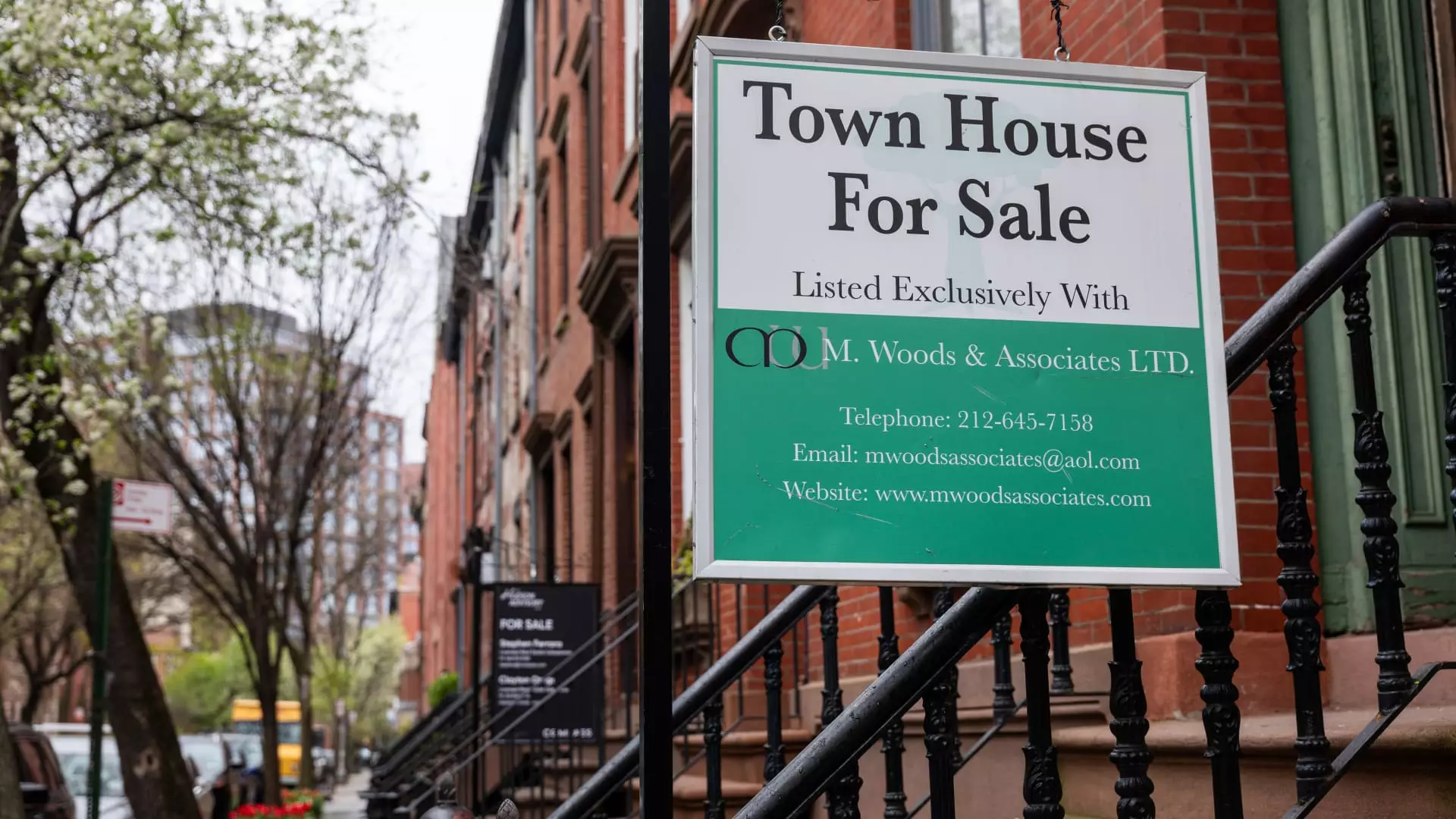The dream of homeownership seems to be slipping further away for renters, according to a recent survey released by the New York Federal Reserve. The survey revealed that only 13.4% of renters as of February possessed hopes of “residential mobility,” marking a record low in the central bank’s annual housing survey for 2024. This percentage is down from 15% in 2023 and well below the 20.8% high recorded in 2014.
The survey findings point to a variety of factors that are hindering renters’ ability to transition to homeownership. Among these challenges is the perception among 74.2% of renters that obtaining a mortgage is difficult, with many viewing it as somewhat or very hard. This sentiment represents a significant decline from the 66.5% level in 2023 and 63.1% in 2022. Additionally, mortgage rates have remained high compared to historical standards, with the average borrowing rate for a 30-year fixed-rate mortgage currently standing at 7.22%, the highest since late November 2023.
Housing affordability has also proven to be a major hurdle for renters looking to purchase a home. In February, the median housing price reached $388,700, the highest since November. The National Association of Realtors reported that the housing affordability index was at 103 in February, a slight decrease from January but still at elevated levels. The average monthly housing payment was recorded at $2,040, further highlighting the financial strain that renters face in the current housing market.
Survey respondents expressed pessimism about future housing prospects, with expectations of a 5.1% increase in housing prices over the next year. This projected rate is nearly double the 2.6% expected increase in February 2023 and surpasses the pre-pandemic mean of 4.2%. Despite the possibility of the Federal Reserve cutting interest rates before the end of 2024, survey participants anticipate that mortgage rates will continue to rise. The outlook is bleak, with expectations of borrowing costs reaching 8.7% in a year and 9.7% in three years, both record highs in the survey.
Renting also presents its own set of challenges, as respondents predict a 9.7% increase in rental costs over the next year, marking a significant jump from the previous survey. The high cost of renting further complicates the ability of renters to save for a down payment on a home, perpetuating the cycle of unattainable homeownership.
The housing affordability crisis highlighted in the survey results calls for urgent policy interventions to address the systemic barriers that renters face in achieving homeownership. With the Federal Reserve signaling a potential decrease in interest rates in the near future, policymakers must consider comprehensive solutions to make homeownership a reality for more Americans. The affordability of housing is a fundamental component of economic stability and social mobility, and concerted efforts are needed to ensure that the American dream of homeownership remains within reach for all.

Leave a Reply